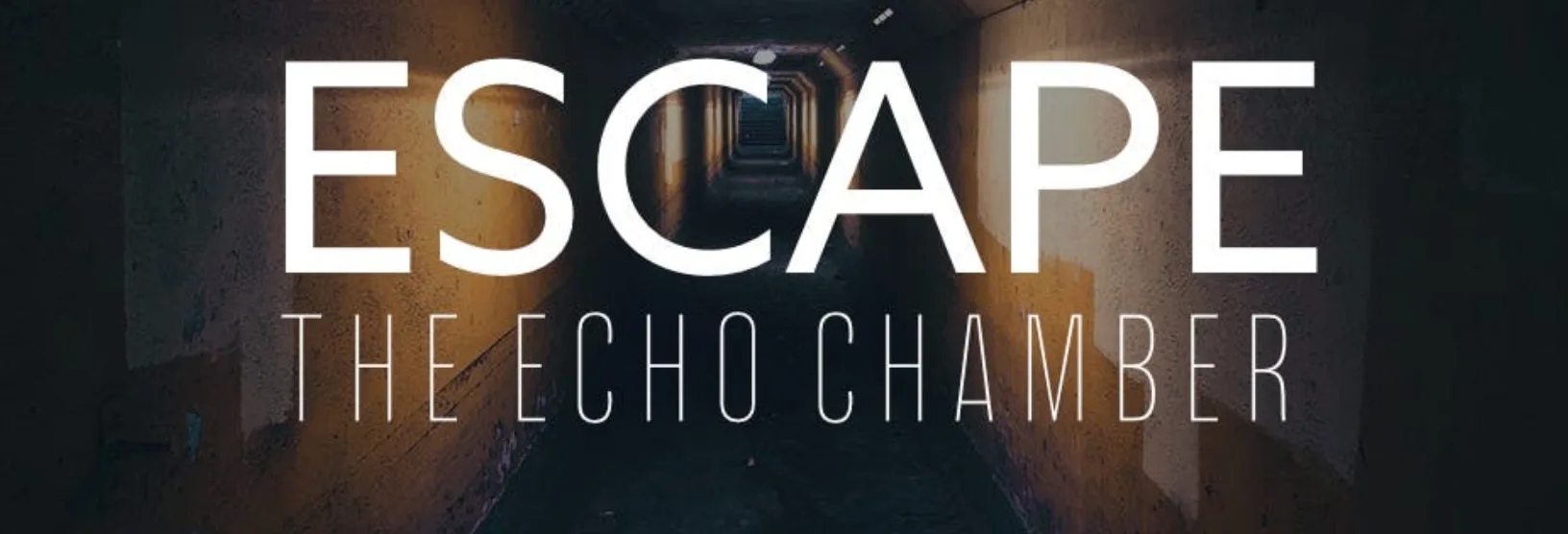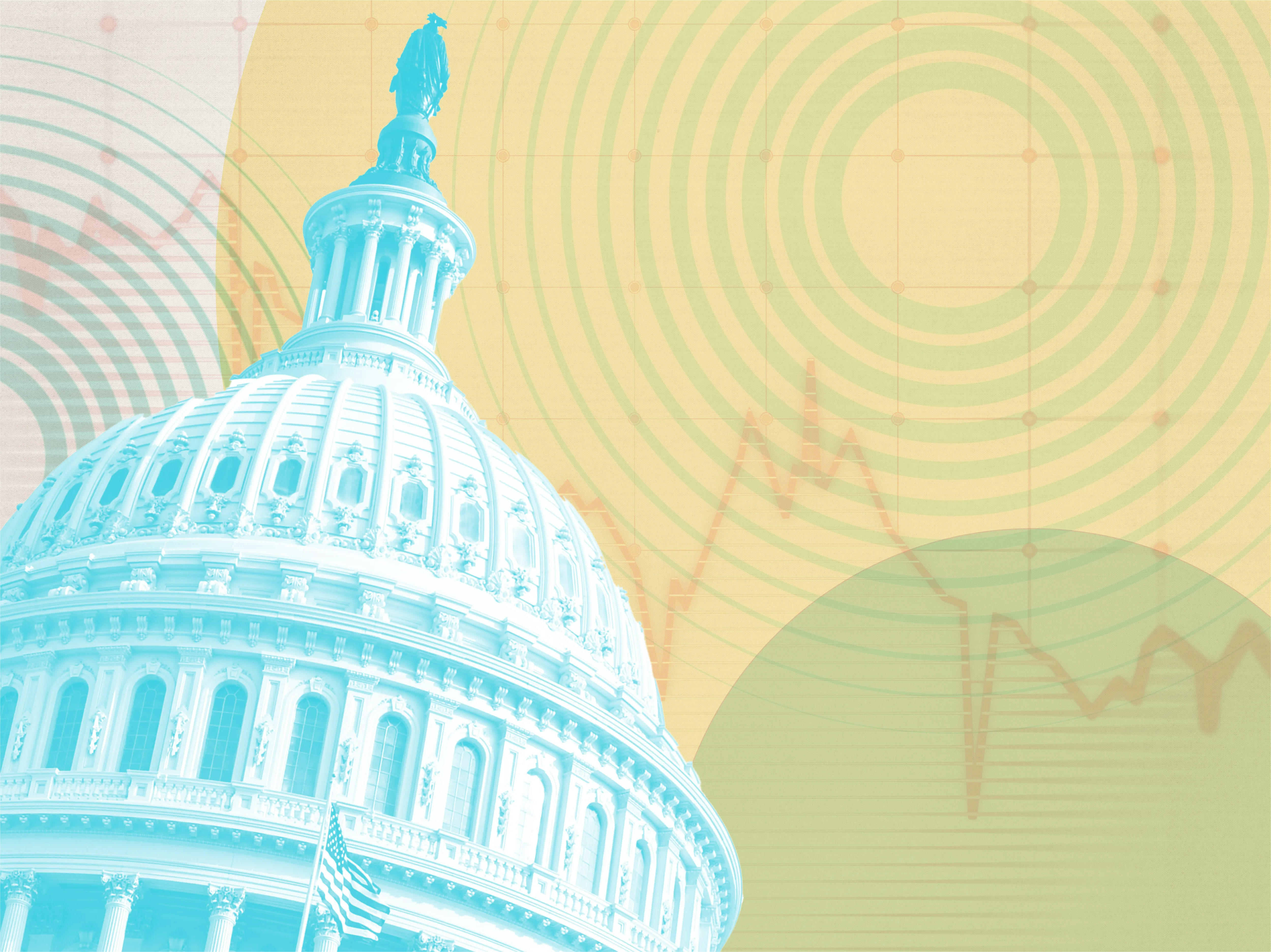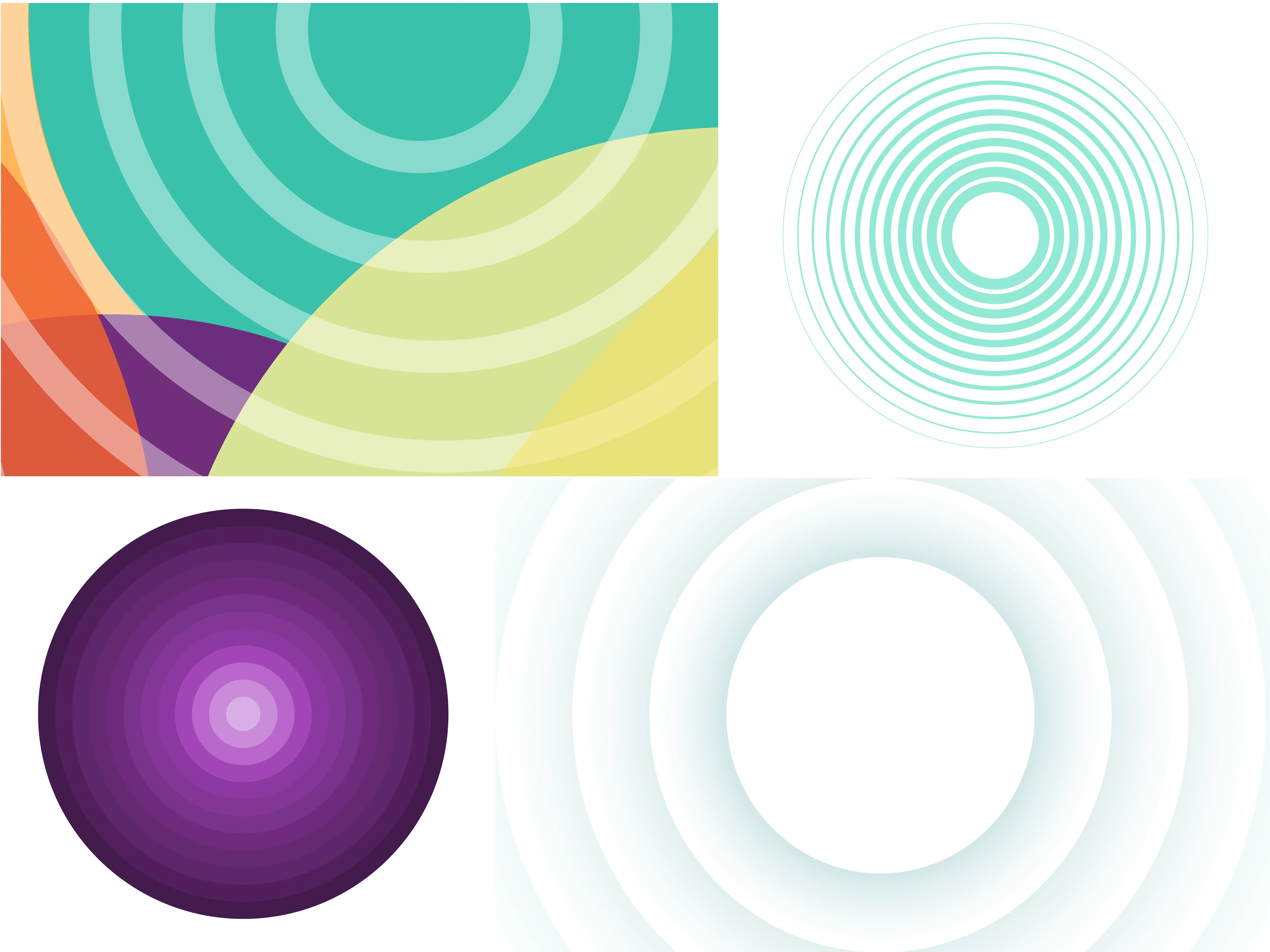
It’s fall again, and if you’re anything like me, changing seasons makes me get all contemplative. And given the world events this past year, there certainly is plenty to contemplate. One thing that’s been on my mind lately is all the new vocabulary in this new world of ours (“bigly,” really?).
One phrase that has especially stuck with me: echo chamber. It is so easy to slip into routines and social spheres that fail to challenge us or our underlying assumptions. Technology makes this even easier, as you can unfriend and unfollow your way into a perfectly unbroken feed of complete agreement. It’s hard to get into an argument when everyone sounds like your own echo!
Echo chambers, though, aren’t unique to the political sphere. Our professional environments can become their own echo chambers; we can surround ourselves with similarly minded experts, and then, before we know it, diversity of thought has been weeded out.
One thing I really appreciate about ILLUME is the commitment to avoiding that trap. What excited me about joining this company was a chance to work with and learn from leaders who have different skills and backgrounds than I do. I can roll my chair back and ping my physicist-turned-data-scientist colleague with a question, walk into the next room to ask an engineer to help me decode an algorithm, or pick up the phone to call a product-testing and marketing expert anthropologist. The “well, what about…” conversation this leads to is often the jumping point for the new, fresh perspective I need. Science supports this idea. Teams with higher cognitive diversity are able to solve problems as a team more quickly than teams made up of similarly oriented people. (To learn more about this, watch this video).
I think this extends far beyond our internal operations, though, and as researchers and evaluators in the energy space, I think it’s critical we bring this perspective to our work with clients. Recently, I’ve come to see the immense value of truly exploratory research in our work with utility and program administrator clients. As evaluators, we spend a lot of time in the beginning stages of an evaluation crafting our key researchable questions. Those questions are valuable guideposts to help us understand our client’s priorities, no doubt. But if we limit our research to only those questions, we risk closing ourselves into an echo chamber where we’re likely to only get the answers we’re looking for.
As a solution to this echo chamber issue, we recently started an exploratory ethnographic research project for a client. Although we developed a list of some researchable questions, we really wanted to design research that was an open-ended exploration of how people talk and think about their homes and how energy fits into that perspective. To help us think outside the box and facilitate open-ended and customer-led discussions, our ethnography team developed an interactive toolkit, including these ILLUME “playing cards.”
These cards allowed us to explore how people felt about energy and efficiency through visuals instead of through closed-ended yes or no questions.

To escape an echo chamber, first and foremost, you must practice curiosity. Curiosity is the fundamental cornerstone of science – the active and avid desire to know why. But, if we are honest with ourselves, blue-sky thinking and slow and contemplative curiosity can sometimes be squeezed out in the day-to-day operations of getting deliverables out the door. Open-minded curiosity is something we can practice and get better at. It is a discipline in itself.
And it does take practice. The thing about breaking out of your echo chamber – political or professional – is that it can also mean breaking out of your comfort zone. It can be really uncomfortable when someone challenges your way of thinking. It can also be really uncomfortable to repress the natural human urge to make assumptions, and it takes work to push ourselves out of the status quo. But accepting and learning from that discomfort is where we grow as individuals and companies, and ultimately bring value and perspective to our clients.






